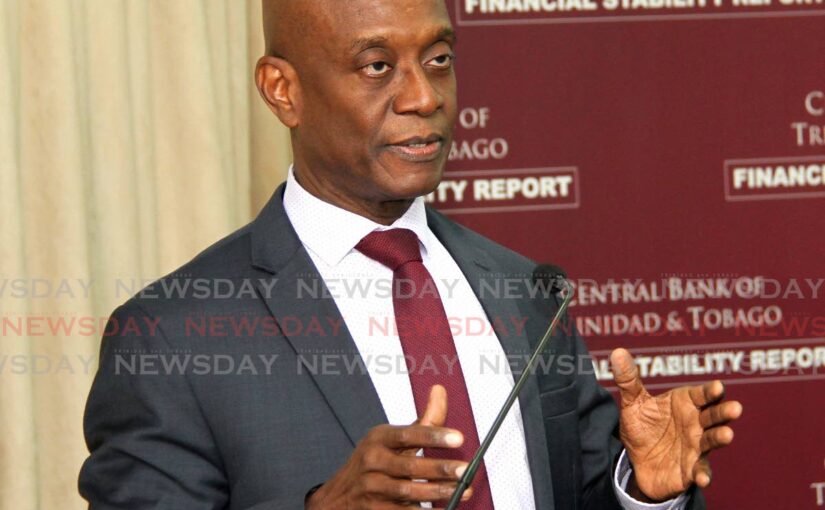

Dr Terrence Farrell, former deputy governor of Central Bank. - File photo
FORMER Central Bank deputy governor Dr Terrence Farrell says he is concerned about recent statements in the public domain regarding foreign exchange (forex) distribution.
He made this comment on October 29 in relation to a statement issued by Finance Minister Colm Imbert earlier in the day.
Imbert said claims in the public domain that the EximBank directly sent foreign exchange (forex) to any importer are false.
He said the special window created at the EximBank for importers to access forex to purchase food, medicine and other critical supplies during the covid19 pandemic was always a temporary measure.
Imbert advised the public to reject claims that the restructuring of this window could lead to increased prices of commodities.
>
In a post on X (formerly Twitter) on October 27, Imbert said, “During covid, we created a special window at the Eximbank to provide US dollars for essential imports, such as food and medicine. Covid19 is over, so we are reviewing the feasibility of that forex window."
In a statement sent via WhatsApp, Farrell said, "It is disheartening to see us repeating the same policy mistakes of the (George) Chambers administration(1981-1995), with bureaucrats attempting to 'allocate' forex based on what they think is 'essential.'
He warned, "The situation will only get worse as the available foreign exchange reserves are depleted."
In a separate statement, Supermarkets Association president Biondi Bachew said, "Eximbank’s foreign exchange window for wholesale importers of basic foods and pharmaceuticals opened during the pandemic has provided additional forex liquidity to aid importers in executing contracts for goods to satisfy domestic demand."
He added, "We understand that the circumstances surrounding the creation of this facility – the pandemic – have changed and therefore the facility is under review."
Bachew suggested that if it is determined it is feasible to maintain the facility, the association supports its continuation "for importers of goods deemed essential in any season."
He said, "However, it must be stated that there is a diversified supply of these goods and a reduction in supply does not equate to shortages."
Bachew gave the assurance that "supermarkets are designed to have reserves to weather disruptions, should they arise."





